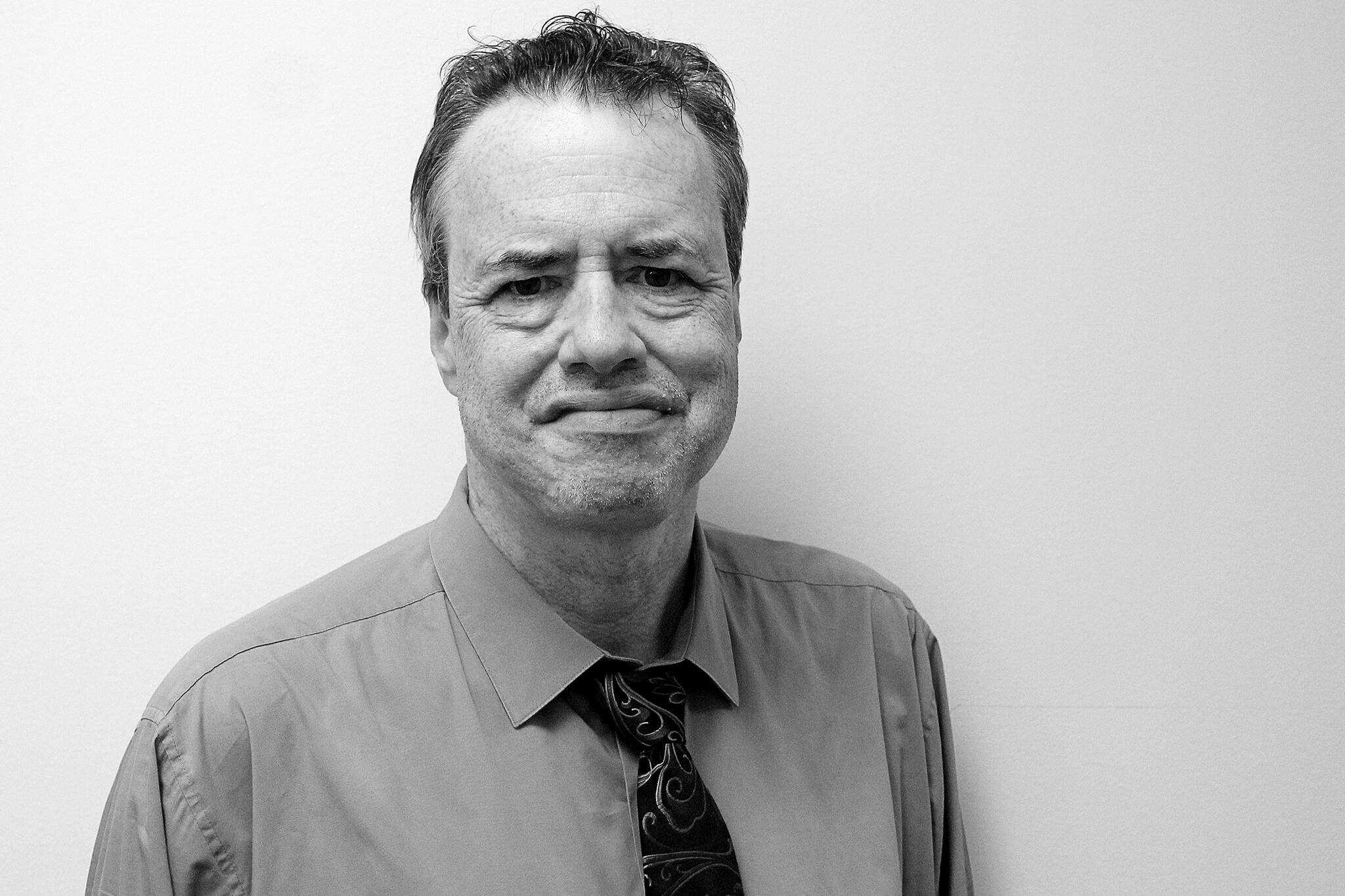Years ago, the late journalist Harry Reasoner said this on a CBS historical documentary: “The past is like a foreign country — they do things differently there.”
Yes, Harry, they did.
And considering those differences cooly, without sneering at them seems a small token of respect for the men and women and children who came before us. Respect, which we, who happen to be walking about the world at the moment, would do well to observe.
Of course, though we may learn from them, I do not extend this respect to monsters of history like Caligula and Pol Pot, Joseph Stalin and Adolf Hitler, Ted Bundy.
I am reminded of the need for such respect when I study the faces that look out soberly at me from old frescoes, mosaics, or 19th-century daguerreotypes, their identities lost to time. Yet, they had names and lives once. Legs, sinews, muscle, bones that hustled them about. Feet whose combined, now anonymous tread, wore deep ruts in the wooden floors of homes, churches and dance halls, and on marble steps.
This is what compels me to study history.
This is what haunts me.
For me, history has always been about human beings, whatever their virtues, oddities, eccentricities, and yes, faults. Somebody — I’ve forgotten who — called it a “poetic approach to history.” Very well then, that’s what I dig. Truth is, I’ve never really been moved by dates, though they, too, are important.
I love learning about the untold brush strokes that make up a life — or, if you prefer, the millions of temporal snapshots.
Why the Sam Johnson of James Boswell’s “Life of Johnson” performed a little back-and forth ritual whenever he crossed a threshold, or why he saved orange peels.
How one of Ulysses Grant’s sons greeted him when Grant returned home.
“Wanna fight, Mister,” the boy would say, fists raised.
“I am a peaceful man,” Grant replied, “but I will not be hectored by a person of your size.”
And so, the two, father and son, would wrestle, until Grant conceded.
It is respect that leads me to despise the present trend of applying today’s norms and standards to the people of the past. And unfortunately, trying to erase them from history. Because they did not think like we do. Seems these people relish toppling others from their perches whom we hold in high standing.
The thing has been tried on Washington, Lincoln and many others. By digging up the flaws and imperfections of the dead, many hope to strip from them whatever honors they may have earned during their lives.
I only wish those who get off on this noxious practice would take notice of their own self-righteousness, self-assumed moral authority, and smack-inviting smugness, as they go about, noses in the air, condemning their forebears.
And just because people lived long ago, doesn’t mean they ate irrelevant.
“But we know so much more than they do,” some say. To which I reply, ‘Yes, and they are what we know.”
And in 100, or 200, or 1,000 years, we, the living, will be history, with practices and beliefs grossly outmoded, even disgusting to our descendants. I’m sure most of us would prefer that on that distant day, students of history who consider us — within reason and sanity — will also place us within the context of the times we lived through.
Because, if one thing is assured of us all, it is that one day, as it says in Jonah 2:6, we, too, will “go down into the countries underneath the earth, to the peoples of the past.”
Robert Whale can be reached at robert.whale@auburn-reporter.com.


